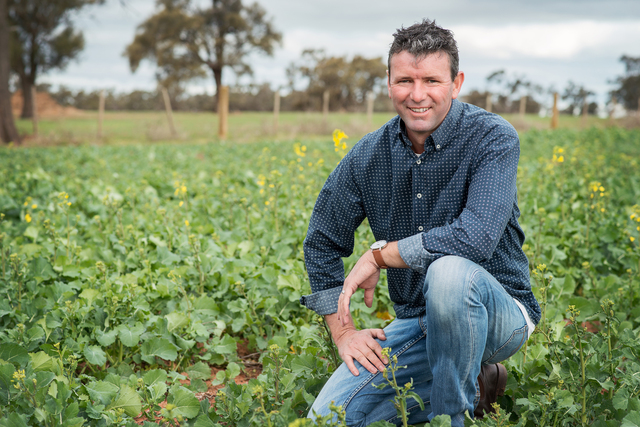FARMING bodies and politicians have welcomed the Federal Government’s amendments to its proposed superannuation tax, describing the changes as a substantial improvement that will protect thousands of farming families from the worst impacts of the original policy.
Labor’s proposed tax would have introduced a new way of treating assets held in superannuation funds.
Under current rules, the earnings tax applies only to realised gains — for example, when interest is earned, a dividend is paid, or a property is sold.
However, the original proposal would have also taxed unrealised gains, meaning increases in the value of assets such as homes, farms, or artworks held within a self-managed super fund — even if they hadn’t been sold.
Supporters argued the approach would simplify administration, allowing funds to calculate tax annually based on a member’s total balance instead of tracking every individual transaction.
Critics, however, said it was unfair to tax members on paper gains from assets that aren’t liquid or income-producing, calling it an unconventional method more suited to council rate calculations than superannuation.
That idea has now been abandoned.
The revised plan will apply only to realised gains, and its introduction has been delayed until 2026 to give super funds more time to prepare.
Treasurer Jim Chalmers said the government had “worked through the issues and found another way,” acknowledging the backlash from industry groups, self-managed fund trustees, and advisers who warned that taxing unrealised gains could create liquidity crises for asset-rich, cash-poor investors – particularly farmers and property owners.
“[We will] adjust the earnings calculation so the concessional tax rates on large balances only apply to future realised earnings,” Mr Chalmers said.
“Treasury will consult on implementation details including the best approach to the calculation of future realised gains and attribution to individual fund members.”
Victorian Farmers Federation president Brett Hosking said the announcement represented a “common-sense” response to concerns raised for more than two years.
“It’s a common-sense outcome for a tax that never should have existed in its original form in the first place,” he said.
“So much unnecessary concern and worry could have been avoided if they consulted with the industry before wheeling this out.
“Victorian farmers are breathing a sigh of relief.
“They faced the very real prospect of being forced to sell their land to pay tax bills on paper gains they had never actually realised.
“The government’s decision to tax only realised earnings, rather than unrealised capital gains, addresses the fundamental flaw in the original proposal that would have created impossible liquidity pressures for farming families.
Mr Hosking added the decision to index the $3 million threshold was equally important, preventing bracket creep from progressively capturing more family farms over time as land values naturally increased.
The original proposal threatened more than 3500 self-managed superannuation funds holding farmland across Australia from day one, with thousands more at risk as property values rose.
GrainGrowers chair Rhys Turton said many farms were held in superannuation structures, and the original proposal risked penalising intergenerational farming families for holding land.
“This was not just a technical tax issue – it was a threat to farming continuity and regional stability,” he said.
“Today’s decision is a win for common-sense, and GrainGrowers will continue to advocate for tax policy that reflects the realities of agricultural businesses and supports long-term investment in farming communities.”
Member for Mallee Anne Webster said it was a “poorly conceived, reckless and cruel plan to tax unrealised gains”.
“I’ve been saying for many months this tax grab on unrealised capital gains was the most brazen and unprecedented in the world, and at long last common-sense has prevailed,” Dr Webster said.
“Labor’s plan to punish Australia’s hardest workers and attack their unrealised superannuation gains was shocking from the start and never should have happened.”
















